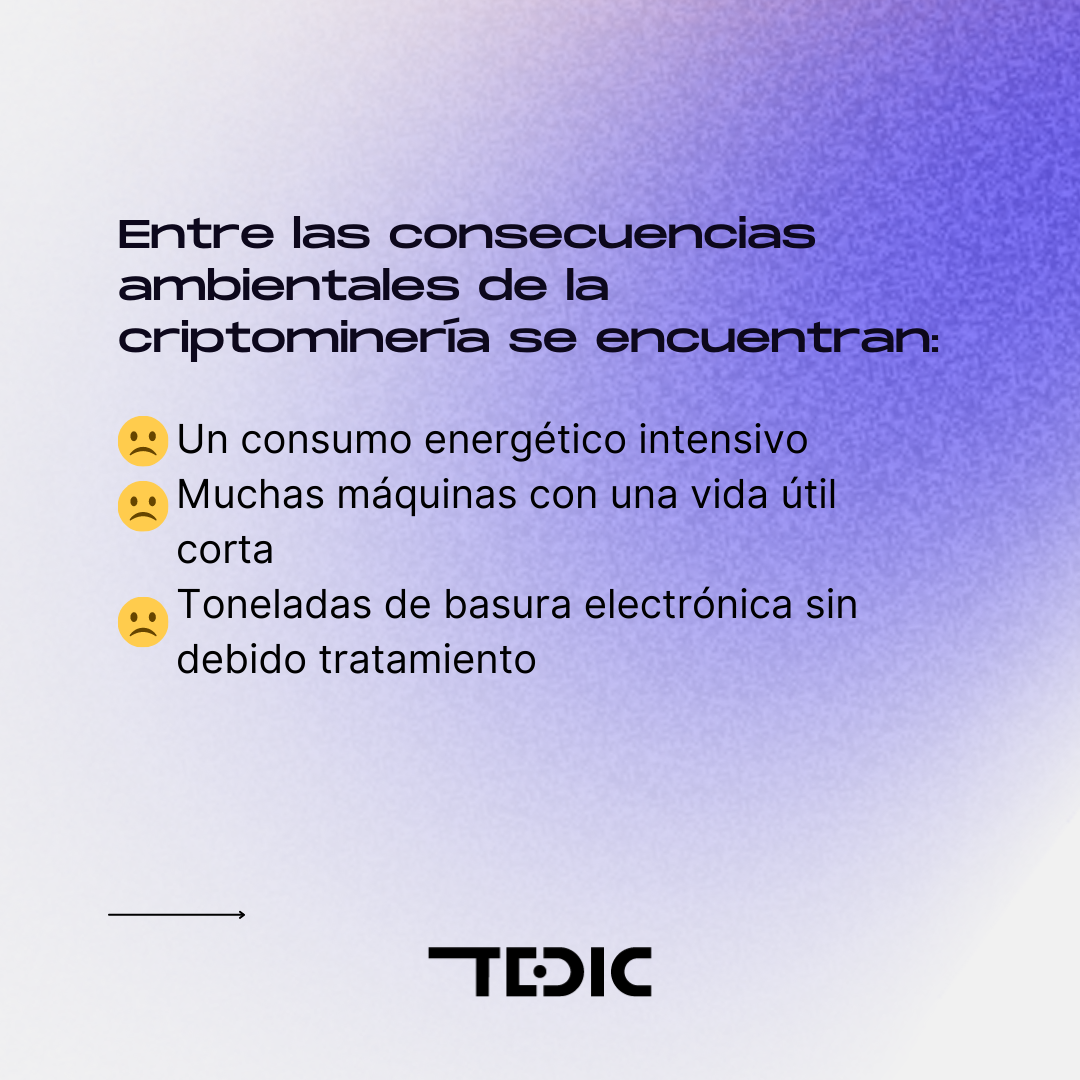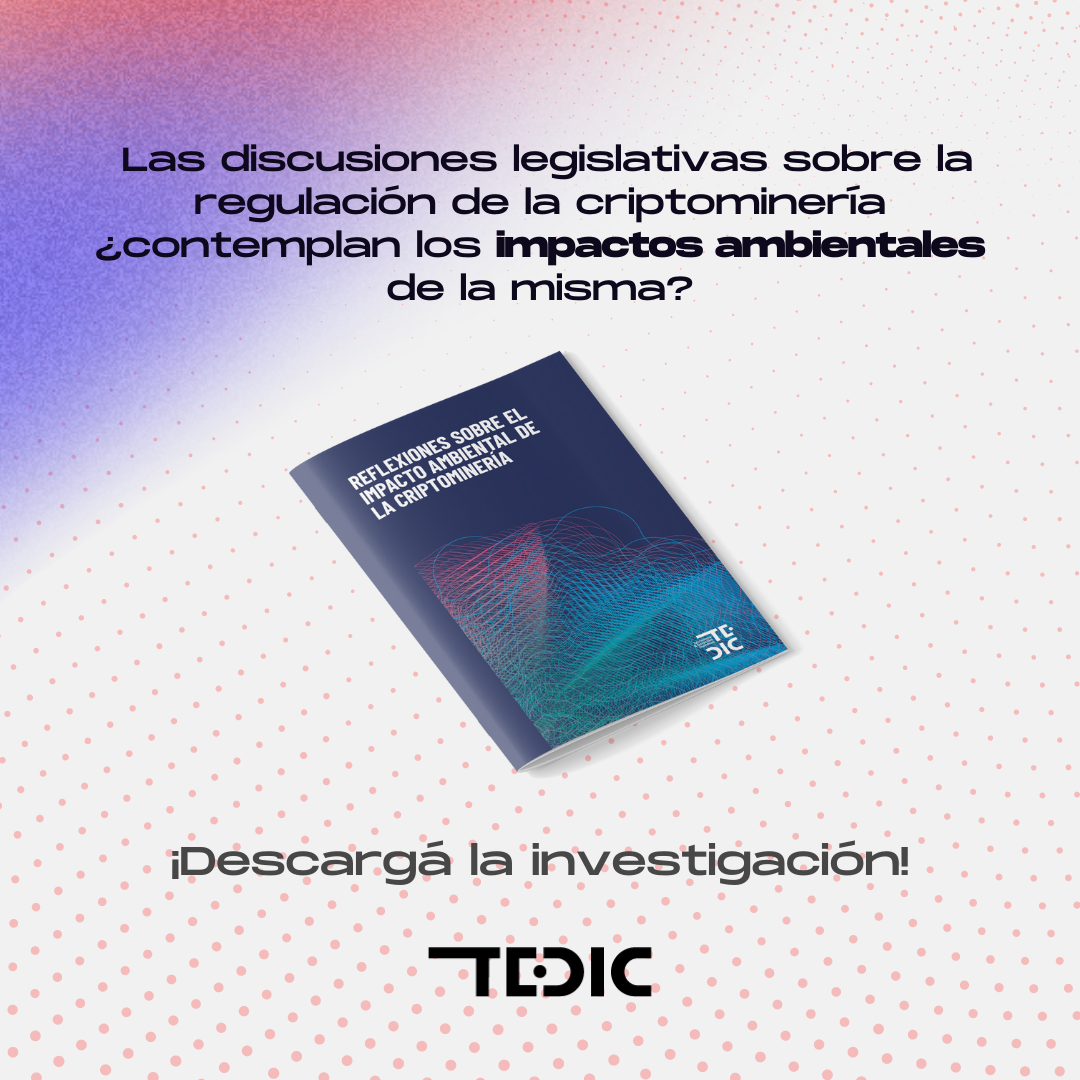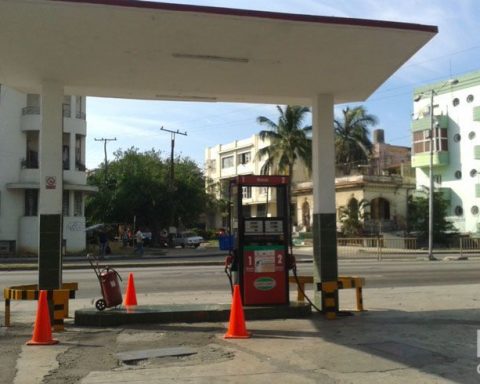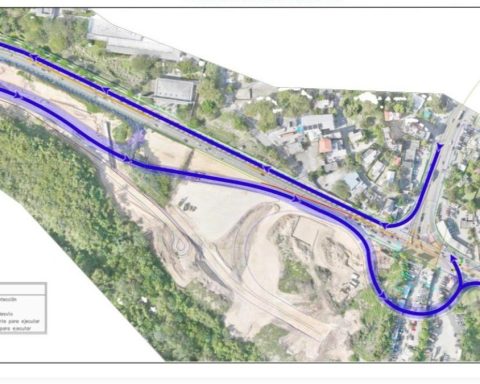What environmental impacts does the advancement of cryptomining generate? What relationship exists between climate change and energy production in Paraguay? Are they contemplated in the legislative discussions on the subject?
The intensive consumption of electricity generated from fossil fuels and the associated carbon emissions are the focus of global concern about the environmental impact of crypto mining. Paraguay emerges in this scenario as the clean and, above all, cheap electricity alternative for large-scale mining due to its surpluses in the hydroelectric plants it shares with Brazil and Argentina. But it is not without potential environmental consequences.
The Technology and Human Rights NGO TEDIC launches a series of investigations on the development of Blockchain technology and the arrival of cryptocurrencies in Paraguay, with special emphasis on cryptomining activity.
They have recently published an investigation on the impact that cryptomining activity can have on the country’s economy. On this occasion, they present the launch of a new investigation whose main theme is the analysis of cryptomining activity from a critical perspective due to its repercussions on environmental crises at a local and global level.
The research «Reflections on the environmental impact of cryptomining», written by the
Journalist Romina Cáceres explores the main global discussions about cryptomining as an electro-intensive activity, the problem of electronic waste it generates, and its respective correlates in Paraguay. The work has an exposition of the local normative-political situation in the matter and exposes the global initiatives in search of counteracting the environmental impact of this activity.
Among the environmental consequences of cryptomining are intensive energy consumption, the short useful life of the electronic machines used, and the tons of electronic waste generated without proper treatment in Paraguay.
Regarding the management of electronic waste, the research exposes the growing threats in environmental matters and also in public health.
In the environment, the presence of chemicals and heavy metals that contaminate our soil, water and air due to inadequate recycling stands out.
In terms of health, it indicates risks due to diseases and health conditions related to the deficient management of electronic waste, such as problems in childbirth, alterations in neurological development, DNA damage, cardiovascular and respiratory problems, skin diseases and cancer.
In addition, the investigation reveals the null environmental reflection present at the time of the drafting of the bill “That regulates mining, commercialization, intermediation,
exchange, transfer, custody and administration of crypto assets or instruments that allow control over crypto assets”, recently filed in the National Congress after pressure from various civil society organizations such as the Paraguayan Association of Blockchain and TEDIC, by not contemplating these and others concerns.
This research was prepared with the support of the FRR of Digital Rights in Latin America. The research is available on its website www.tedic.org and graphics are attached to facilitate dissemination.




















